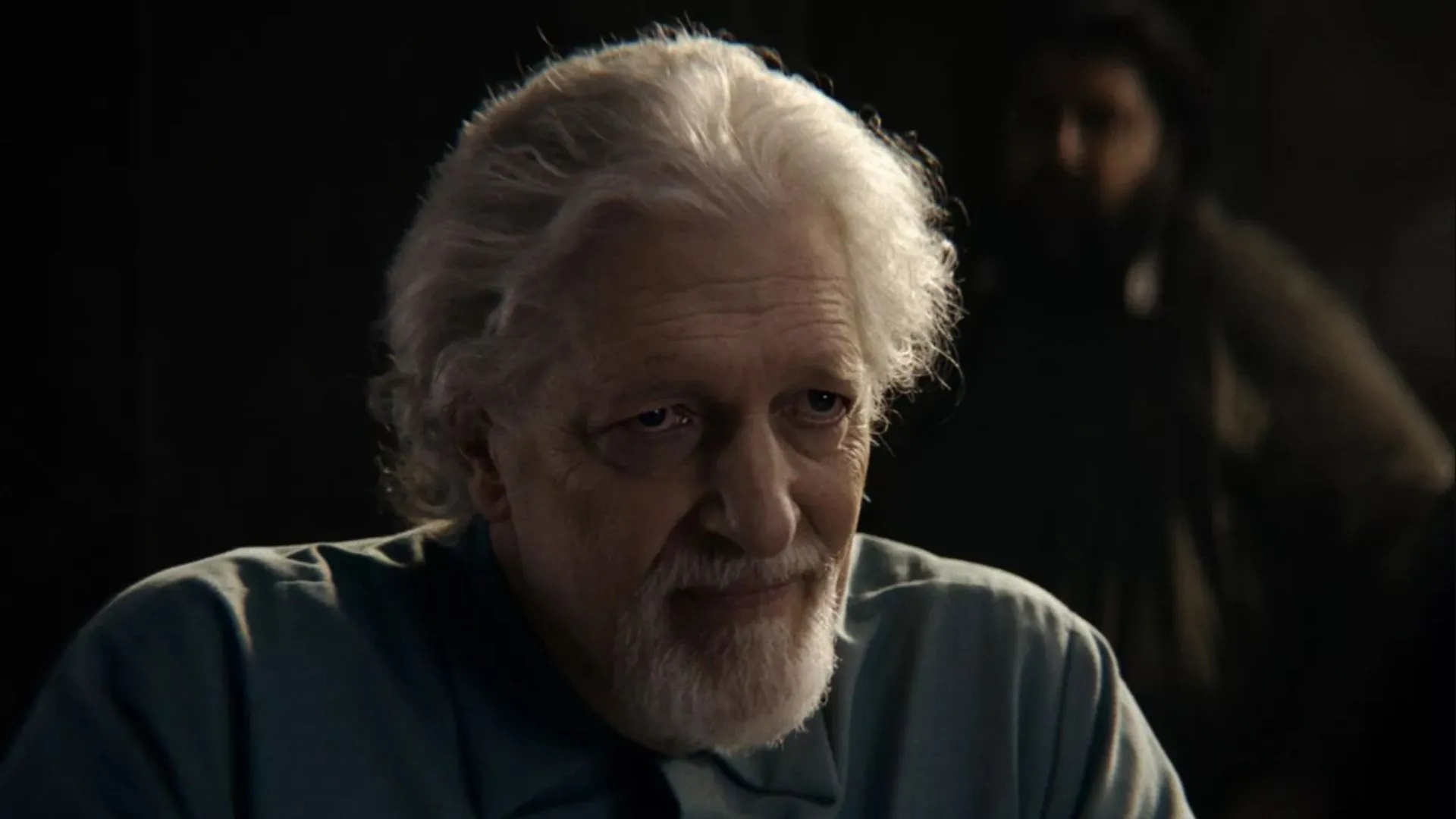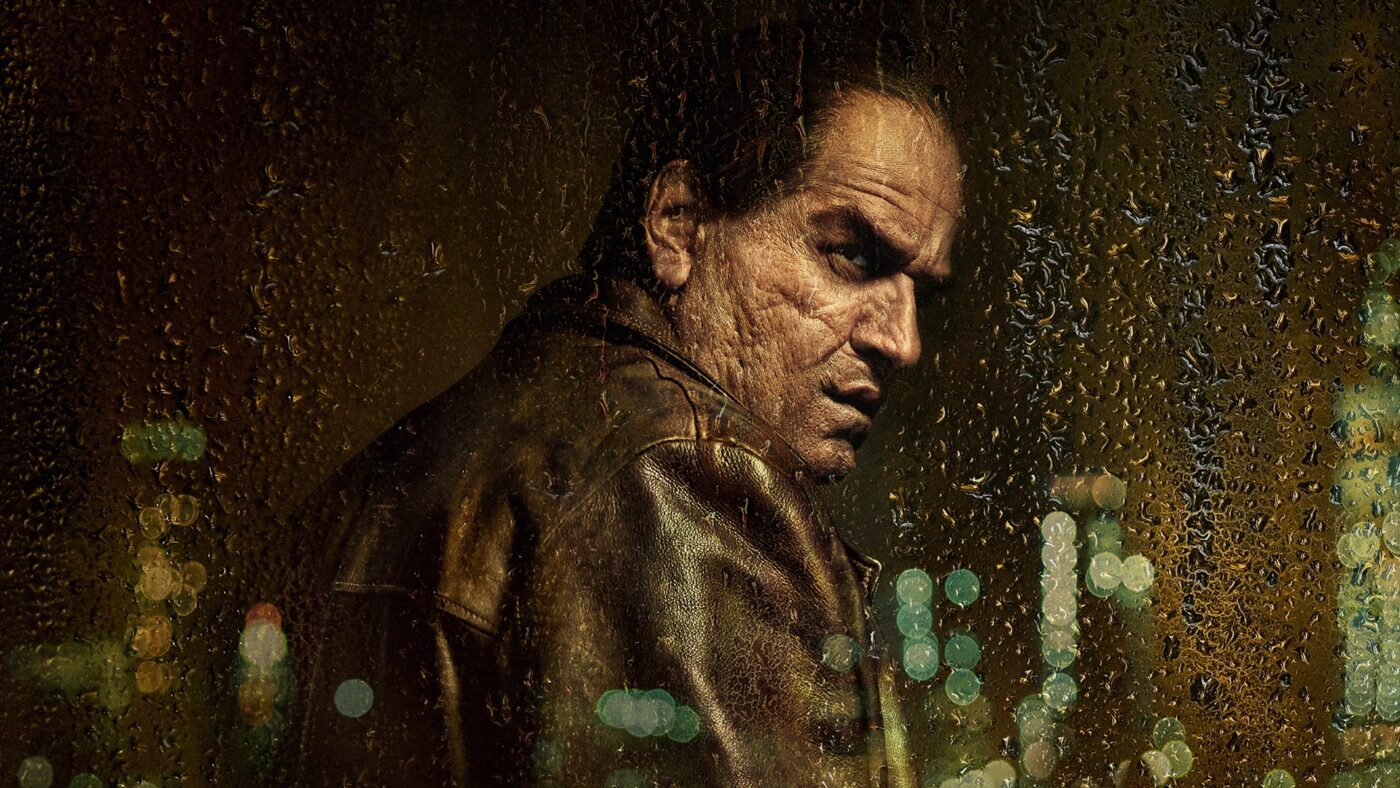A Crime Story Masterpiece
Summary
HBO’s The Penguin delves into Oswald Cobblepot’s ruthless rise in Gotham’s criminal underworld, showcasing stellar performances, complex characters, and gritty storytelling, cementing itself as a standout addition to the Batman universe and modern crime drama.
Overall
-
Plot
-
Narrative
-
Acting
-
Characterization
-
Direction
-
Pacing
Every so often, a television show emerges that challenges the conventions of its genre, reshaping our expectations while embracing its roots. The Penguin, HBO’s latest addition to the Batman universe, is one such show. Set in the aftermath of The Batman and rooted in Gotham’s bleak, corrupt landscape, the series takes us on a journey with Oswald “Oz” Cobblepot as he claws his way through the city’s underworld. With its character-driven storytelling, stellar performances, and an unrelenting commitment to gritty realism, The Penguin is a masterpiece that leaves a lasting impression.
Oswald Cobblepot’s story is not one of redemption or even ambition in the traditional sense. Instead, it is an exploration of power, survival, and the human need for recognition. Colin Farrell’s portrayal of Oz is nothing short of transformative. From the very first episode, Farrell’s Oswald commands attention—not because he is likable or sympathetic, but because he is so intensely human. There’s a depth to the character that transcends the archetype of a criminal mastermind. He is cunning yet insecure, ruthless yet vulnerable, and Farrell’s nuanced performance brings these contradictions to life in a way that feels both authentic and haunting.
The show wastes no time establishing the stakes. Gotham City is in chaos after the devastating flood that marked the end of The Batman. With Carmine Falcone dead, a power vacuum has left the city’s criminal factions scrambling for dominance. Oswald, once a henchman in Falcone’s empire, sees an opportunity to rise. The series opens with a shocking act of violence, as Oz eliminates a rival in a bold power play that sets the tone for the season. From there, the narrative unfolds with relentless momentum, weaving together past and present as we delve into Oswald’s psyche and his tumultuous rise to power.

Cristin Milioti’s Sofia Falcone is a revelation. As the daughter of Carmine Falcone, Sofia is both a product of her environment and a force determined to escape it. Milioti brings a fierce intensity to the role, imbuing Sofia with layers of complexity that make her more than just a rival to Oswald. Her interactions with Farrell crackle with tension, their dynamic shifting between collaboration and betrayal in a way that keeps viewers on edge. Sofia’s arc is a testament to the show’s commitment to character-driven storytelling, as she evolves from a sidelined daughter into a formidable player in Gotham’s criminal hierarchy.
While the rivalry between Oswald and Sofia drives much of the narrative, The Penguin also introduces a host of other compelling characters, most notably Victor Aguilar. Orphaned by the chaos unleashed during The Batman, Victor becomes Oswald’s protégé, and their relationship forms one of the emotional cores of the series. Victor’s journey from a vulnerable young man to a hardened enforcer mirrors Oswald’s own evolution, highlighting the corrupting influence of Gotham’s underworld. The bond between the two is both heartwarming and tragic, adding a layer of depth to a show that thrives on moral ambiguity.
Flashbacks play a crucial role in fleshing out the characters, particularly Oswald and Sofia. Through these glimpses into the past, we see the formative events that shaped their identities and motivations. For Oswald, his relationship with his mother, Francis, is both a source of strength and a crippling vulnerability. These scenes are deeply affecting, revealing the insecurities and traumas that drive his relentless pursuit of power. Similarly, Sofia’s flashbacks shed light on her strained relationship with her family and her time in Arkham Asylum, painting a portrait of a woman determined to forge her own path, no matter the cost.
Gotham itself is as much a character in the series as Oswald or Sofia. The production design is impeccable, capturing the city’s decay and vibrancy in equal measure. From the opulent mansions of the elite to the grimy streets of the underworld, every setting feels meticulously crafted to immerse viewers in Gotham’s unique atmosphere. The city’s duality—its allure and its rot—is a recurring theme, reflected in the characters who navigate its treacherous landscape.
The show’s pacing is another standout feature. Each of the eight episodes is packed with tension and drama, yet the narrative never feels rushed or overstuffed. The writers strike a delicate balance between action and introspection, ensuring that every plot twist and character decision feels earned. This is particularly evident in the series finale, which delivers a stunning culmination of the season’s themes and storylines while leaving the door open for future exploration.

That said, The Penguin is not without its flaws. Some mid-season episodes struggle with pacing, and certain subplots—such as Sofia’s brief relationship with a mysterious doctor—feel underdeveloped. Additionally, the absence of Batman is a noticeable gap. While the focus on Gotham’s criminal underworld is a deliberate choice, the lack of any significant presence or mention of the Caped Crusader feels like a missed opportunity to further anchor the series within the larger Batman universe.
Despite these minor shortcomings, our The Penguin review is confident to say the show excels in its core mission: to tell a compelling, character-driven story set in Gotham’s dark underbelly. The show’s commitment to exploring the moral complexities of its characters is its greatest strength, elevating it above the standard fare of superhero-adjacent television. Oswald and Sofia are not heroes or even antiheroes; they are deeply flawed individuals navigating a world that demands cruelty and cunning. Their journeys are both fascinating and unsettling, forcing viewers to grapple with the uncomfortable truths of power and survival.
The performances across the board are exceptional. Farrell’s Oswald is a tour de force, capturing the character’s contradictions with a depth and authenticity that make him impossible to look away from. Milioti’s Sofia is equally compelling, her fierce determination and sharp intellect making her a worthy adversary to Oswald. Supporting players like Victor Aguilar add further layers to the narrative, while the ensemble cast—including notable appearances by Clancy Brown and Shohreh Aghdashloo—brings Gotham’s rich tapestry of characters to life.
Visually and aurally, The Penguin is a triumph. The cinematography captures the gritty beauty of Gotham, while Michael Giacchino’s haunting score adds an emotional resonance that enhances every scene. The attention to detail in the production design—from the seedy nightclubs to the sprawling mansions—creates a world that feels both tangible and larger than life.
As the series concludes, it leaves us with a Gotham forever changed and a Penguin poised for even greater power. The final moments, marked by the Bat-Signal illuminating the night sky, are a chilling reminder of the battles yet to come. Regardless of whether The Penguin gets a second season, its first season showcases the strength of compelling narratives and the captivating nature of Gotham’s shadowy criminal world.







